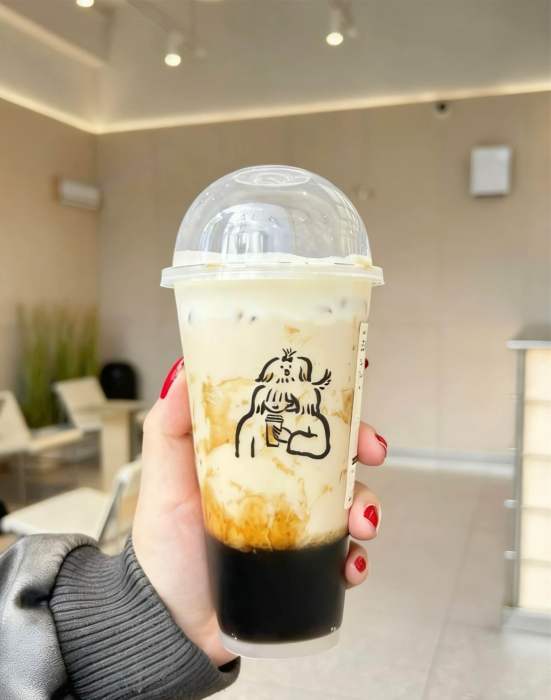Wahahas Intellectual Property and Equity Puzzle: A Storm of Brand Inheritance
2025-10-23 | 发布于:赛立信
Wahaha, a national brand that carries the memories of several generations, has recently been embroiled in a huge controversy due to intellectual property and equity issues. This controversy is not only about the future of the brand, but also a profound transformation regarding family inheritance and business development.
1、 Trademark Ownership: The Emergence of Core Issues
The ownership issue of the "Wahaha" trademark is the core of this controversy. Although Wahaha Group has been using this trademark, its ownership is not clear. In 1996, when Wahaha Group and France Danone jointly established Wahaha Food, they planned to transfer the trademark to Wahaha Food, but this transfer was not approved by the Trademark Office of the China National Intellectual Property Administration. In 2007, the Hangzhou Arbitration Commission ruled to terminate the trademark transfer agreement, and Wahaha Food only obtained the right to use the trademark.
In February 2025, Wahaha Group attempted to transfer 387 "Wahaha" series trademarks to Hangzhou Wahaha Food Co., Ltd., but the plan was ultimately halted due to equity balance issues. At present, the use of the trademark requires unanimous consent from all shareholders of Wahaha Group, which puts Zong Fuli facing numerous restrictions when using the "Wahaha" trademark.
2、 Equity structure: deadlock of multi-party checks and balances
The equity structure of Wahaha Group has further exacerbated this controversy. At present, the equity of Wahaha Group is held by three parties: Hangzhou Shangcheng District Wenlv Investment Holding Group (state-owned assets) holds 46%, Zong Fuli holds 29.4%, and the employee shareholding association holds 24.6%. This "no absolute controlling shareholder" structure makes it difficult for either party to independently decide on the use of the trademark, leading to a decision-making deadlock.
In addition, there is controversy over the proportion of shares indirectly controlled by Zong Fuli through the employee shareholding association. It is reported that there is currently only one person in the employee stock ownership association, Zong Fuli, which means she may actually hold 54% of the company's shares. However, this statement has not yet been officially confirmed, and the shareholding ratio of the employee stock ownership association has become a focus of competition among all parties.
3、 Zong Fuli's Path to Independence
Faced with the dual dilemma of trademark use and equity structure, Zong Fuli chose to start anew. In September 2025, Hongsheng Beverage Group Co., Ltd. announced that starting from the new sales year of 2026, it will fully adopt the new brand "Wa Xiaozong". This decision is seen as Zong Fuli's proactive choice to seek a breakthrough under existing constraints.
The birth of "Wa Xiaozong" is not only a response to the restrictions on trademark use, but also an attempt by Zong Fuli to break free from the constraints of family businesses and create an independent brand. Hongsheng Group has registered trademarks for "Wa Xiaozong" covering multiple categories such as food, beer, and beverages. However, this measure has also raised doubts from the outside world about whether Zong Fuli is "hollowing out" the Wahaha Group.
4、 Internal disputes within the family
The controversy surrounding Wahaha is not limited to trademarks and equity, but also involves internal inheritance disputes within the family. In December 2024, the half siblings of Zong Fuli, daughter of Zong Qinghou, filed lawsuits in Hong Kong and Hangzhou respectively to recover the $2.1 billion trust rights promised by her father Zong Qinghou before his death. This inheritance battle has further intensified internal conflicts within the family, making the future of Wahaha Group even more uncertain.
5、 The Future of Brands: Opportunities and Challenges Coexist
The impact of this controversy on the Wahaha brand is undoubtedly profound. On the one hand, the exposure of trademark and equity issues has prompted Wahaha Group to re-examine its governance structure and brand management strategy. On the other hand, whether Zong Fuli's new brand "Wa Xiaozong" can stand out in market competition also faces huge challenges.
Wahaha once grew into a national level brand with products such as AD calcium milk and nutrition express, but now it has repeatedly become a focus of public opinion due to internal family disputes. In today's increasingly competitive market, Wahaha needs to solve internal problems as soon as possible and restore the stable development of the brand.
The controversy surrounding Wahaha is not only a dilemma for the inheritance of family businesses, but also a microcosm of the development process faced by Chinese private enterprises. How to achieve reasonable distribution of equity and harmonious family inheritance while protecting intellectual property rights is a problem that Wahaha needs to solve, and it is also a direction that all private enterprises need to consider.

